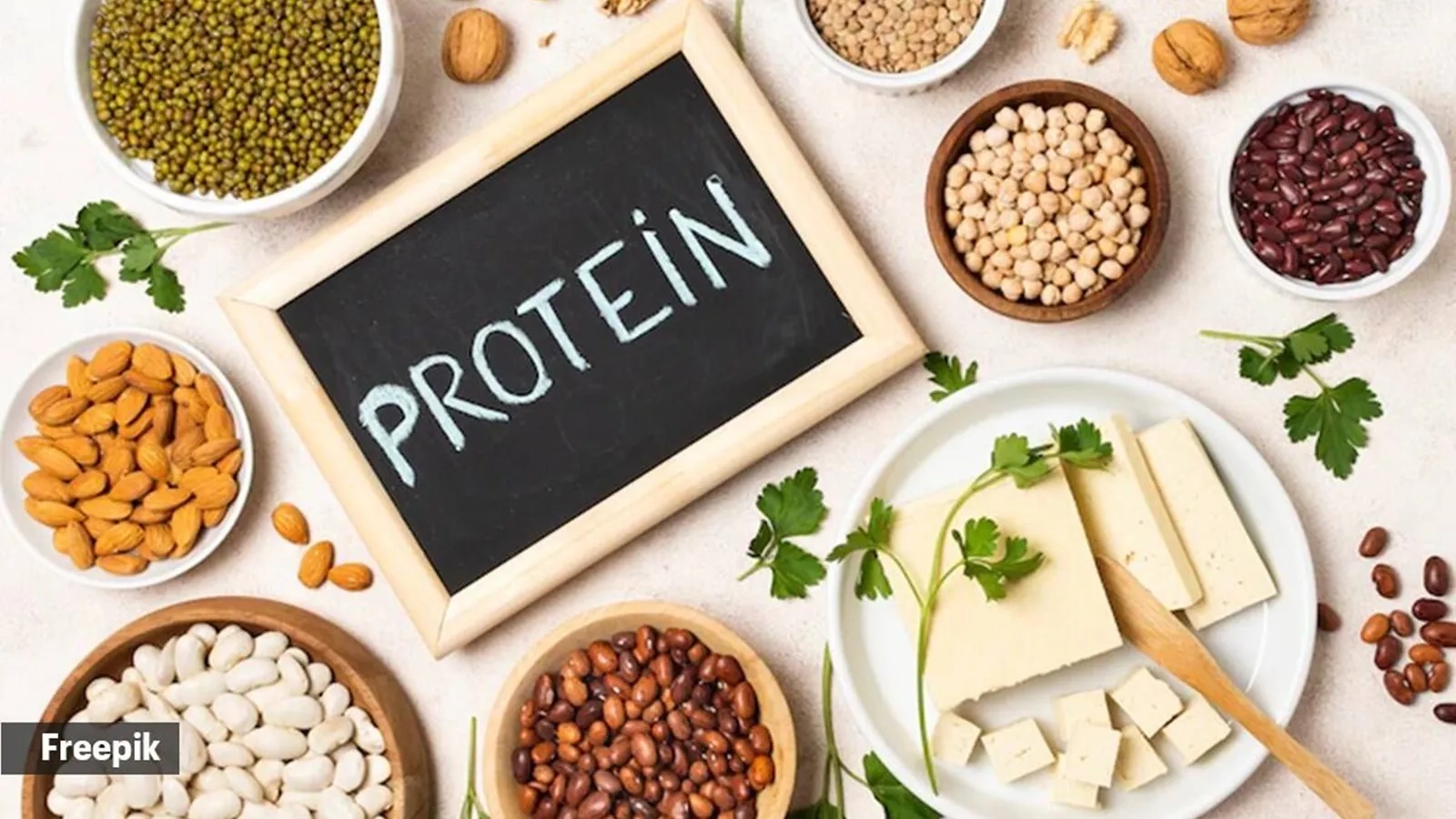Ever stopped to consider your daily protein intake? A new study published in the journal Nature Metabolism suggests you might want to start, as researchers from the University of Pittsburgh’s School of Medicine have found that consuming too much protein could be detrimental to your arteries.
The study identified a link between excessive protein consumption and atherosclerosis, the buildup of fats, cholesterol, and other substances within and around artery walls. This buildup, also known as plaque, can narrow arteries, hindering blood flow, or even causing them to burst, leading to blood clots.
The research suggests that exceeding 22% of your daily calorie intake from protein can trigger increased activity in immune cells associated with plaque formation in the arteries.
Advertisement
“Our findings indicate that simply increasing protein intake to achieve better metabolic health isn’t a foolproof solution,” stated senior and co-corresponding author Dr Babak Razani, professor of cardiology at the University of Pittsburgh, in a press release. “In fact, you could be causing significant harm to your arteries.”
Dr Aman Salwan, sr consultant cardiologist, CARE Hospitals Nampally Hyderabad, explained that the relationship between excess protein intake and its negative impact on heart health is slightly complex. It depends on multiple factors such as the source of protein, the overall quality of your diet, and personal factors, he said.
“There are recent studies that suggest that excessive protein intake, especially from certain sources like red meat or processed meats, could be associated with an increased risk of heart disease. These protein sources may also be high in saturated fats and cholesterol, which are known to negatively impact heart health when consumed in very high quantities. However, there are other sources of protein such as lean meats, poultry, fish, nuts, seeds, legumes, and low-fat dairy products which can be part of a heart-healthy diet when consumed in moderation along with other nutrients for a balanced diet,” Dr Salwan told indianexpress.com in an interaction.
We also need to consider the overall dietary patterns and lifestyle factors of the individual when assessing the impact of protein intake on heart health.
Advertisement
 Is your breakfast protein-packed? (Source: Freepik)
Is your breakfast protein-packed? (Source: Freepik)
What is a healthy level of protein for your body?
The Recommended Dietary Allowance (RDA) suggests a moderate intake of 0.8 to 1.0 grams of protein per kilogram of body weight, which translates to approximately 46-50 grams for females and 56 grams for males on average, said Dr Salwan. However, individual protein needs may vary based on factors such as age, lifestyle, and body composition.
“It’s important to understand that the body does not retain excess protein; once protein needs are met, any surplus is either utilised for energy or stored as fat. Therefore, excess calories from any source, including protein, can contribute to fat accumulation in the body,” he added.
What are the other side-effects of eating too much protein?
According to Dr Salwan, these are the following side-effects of eating too much protein:
- It can cause weight gain, dehydration, digestion related issues (especially due to red meat) such as bloating, constipation and discomfort.
- It can also harm your kidneys by causing kidney stones and in the long run can worsen kidney function.
- There is an increased risk of certain chronic diseases including heart disease and even certain types of cancer.
Having said that, Dr Salwan reminded that “too much” protein can vary depending on individual factors such as age, gender, weight, activity level, and overall health status. Ensure that you maintain a balanced diet and a healthy lifestyle to stay fit.










